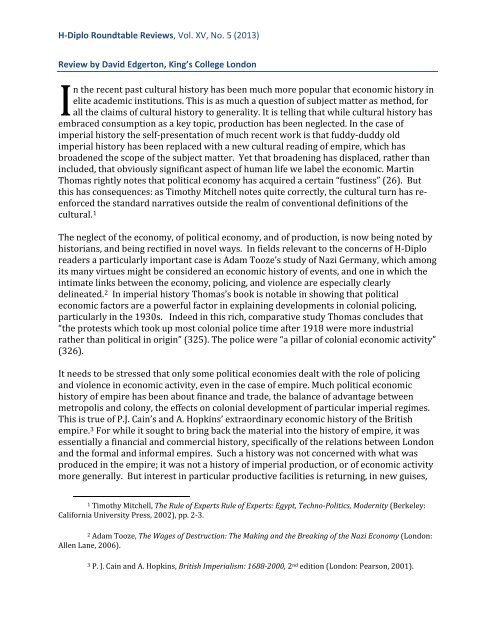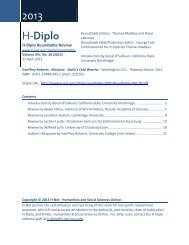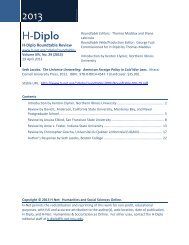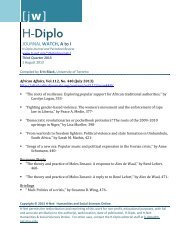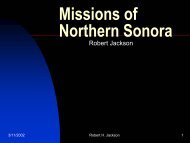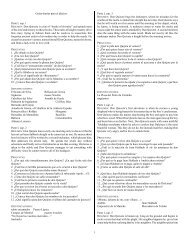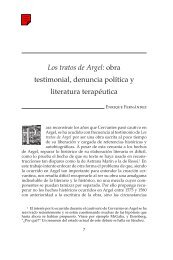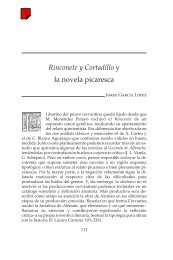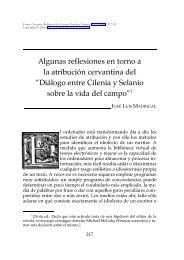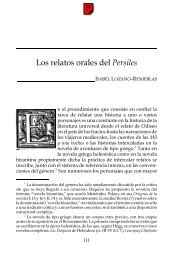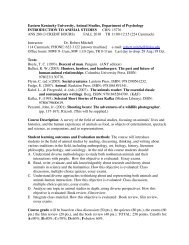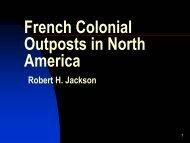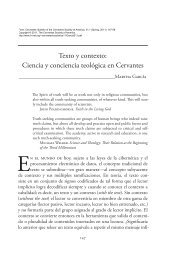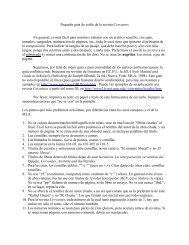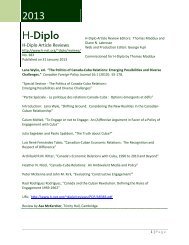H-Diplo Roundtable on Martin Thomas. Violence and ... - H-Net
H-Diplo Roundtable on Martin Thomas. Violence and ... - H-Net
H-Diplo Roundtable on Martin Thomas. Violence and ... - H-Net
You also want an ePaper? Increase the reach of your titles
YUMPU automatically turns print PDFs into web optimized ePapers that Google loves.
H-<str<strong>on</strong>g>Diplo</str<strong>on</strong>g> <str<strong>on</strong>g>Roundtable</str<strong>on</strong>g> Reviews, Vol. XV, No. 5 (2013)<br />
Review by David Edgert<strong>on</strong>, King’s College L<strong>on</strong>d<strong>on</strong><br />
I<br />
n the recent past cultural history has been much more popular that ec<strong>on</strong>omic history in<br />
elite academic instituti<strong>on</strong>s. This is as much a questi<strong>on</strong> of subject matter as method, for<br />
all the claims of cultural history to generality. It is telling that while cultural history has<br />
embraced c<strong>on</strong>sumpti<strong>on</strong> as a key topic, producti<strong>on</strong> has been neglected. In the case of<br />
imperial history the self-presentati<strong>on</strong> of much recent work is that fuddy-duddy old<br />
imperial history has been replaced with a new cultural reading of empire, which has<br />
broadened the scope of the subject matter. Yet that broadening has displaced, rather than<br />
included, that obviously significant aspect of human life we label the ec<strong>on</strong>omic. <strong>Martin</strong><br />
<strong>Thomas</strong> rightly notes that political ec<strong>on</strong>omy has acquired a certain “fustiness” (26). But<br />
this has c<strong>on</strong>sequences: as Timothy Mitchell notes quite correctly, the cultural turn has reenforced<br />
the st<strong>and</strong>ard narratives outside the realm of c<strong>on</strong>venti<strong>on</strong>al definiti<strong>on</strong>s of the<br />
cultural. 1<br />
The neglect of the ec<strong>on</strong>omy, of political ec<strong>on</strong>omy, <strong>and</strong> of producti<strong>on</strong>, is now being noted by<br />
historians, <strong>and</strong> being rectified in novel ways. In fields relevant to the c<strong>on</strong>cerns of H-<str<strong>on</strong>g>Diplo</str<strong>on</strong>g><br />
readers a particularly important case is Adam Tooze’s study of Nazi Germany, which am<strong>on</strong>g<br />
its many virtues might be c<strong>on</strong>sidered an ec<strong>on</strong>omic history of events, <strong>and</strong> <strong>on</strong>e in which the<br />
intimate links between the ec<strong>on</strong>omy, policing, <strong>and</strong> violence are especially clearly<br />
delineated. 2 In imperial history <strong>Thomas</strong>’s book is notable in showing that political<br />
ec<strong>on</strong>omic factors are a powerful factor in explaining developments in col<strong>on</strong>ial policing,<br />
particularly in the 1930s. Indeed in this rich, comparative study <strong>Thomas</strong> c<strong>on</strong>cludes that<br />
“the protests which took up most col<strong>on</strong>ial police time after 1918 were more industrial<br />
rather than political in origin” (325). The police were “a pillar of col<strong>on</strong>ial ec<strong>on</strong>omic activity”<br />
(326).<br />
It needs to be stressed that <strong>on</strong>ly some political ec<strong>on</strong>omies dealt with the role of policing<br />
<strong>and</strong> violence in ec<strong>on</strong>omic activity, even in the case of empire. Much political ec<strong>on</strong>omic<br />
history of empire has been about finance <strong>and</strong> trade, the balance of advantage between<br />
metropolis <strong>and</strong> col<strong>on</strong>y, the effects <strong>on</strong> col<strong>on</strong>ial development of particular imperial regimes.<br />
This is true of P.J. Cain’s <strong>and</strong> A. Hopkins’ extraordinary ec<strong>on</strong>omic history of the British<br />
empire. 3 For while it sought to bring back the material into the history of empire, it was<br />
essentially a financial <strong>and</strong> commercial history, specifically of the relati<strong>on</strong>s between L<strong>on</strong>d<strong>on</strong><br />
<strong>and</strong> the formal <strong>and</strong> informal empires. Such a history was not c<strong>on</strong>cerned with what was<br />
produced in the empire; it was not a history of imperial producti<strong>on</strong>, or of ec<strong>on</strong>omic activity<br />
more generally. But interest in particular productive facilities is returning, in new guises,<br />
1 Timothy Mitchell, The Rule of Experts Rule of Experts: Egypt, Techno-Politics, Modernity (Berkeley:<br />
California University Press, 2002), pp. 2-3.<br />
2 Adam Tooze, The Wages of Destructi<strong>on</strong>: The Making <strong>and</strong> the Breaking of the Nazi Ec<strong>on</strong>omy (L<strong>on</strong>d<strong>on</strong>:<br />
Allen Lane, 2006).<br />
3 P. J. Cain <strong>and</strong> A. Hopkins, British Imperialism: 1688-2000, 2 nd editi<strong>on</strong> (L<strong>on</strong>d<strong>on</strong>: Pears<strong>on</strong>, 2001).


